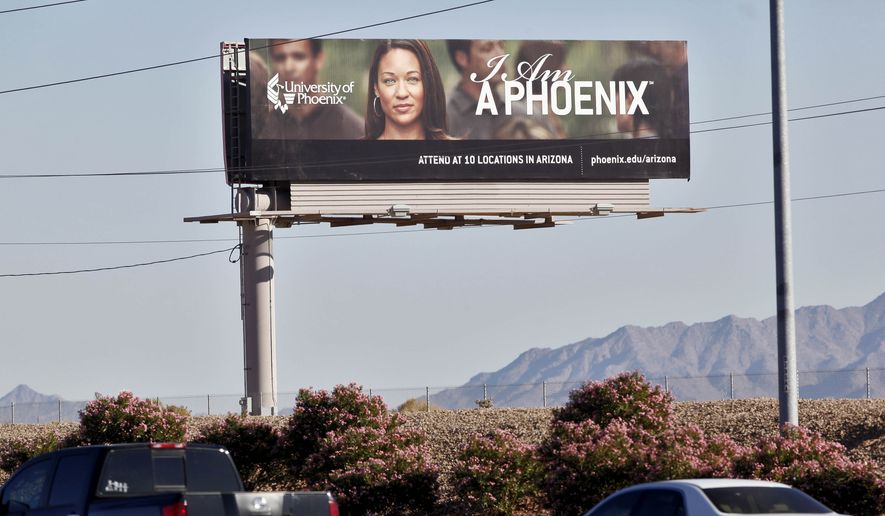After a decade of declining enrollment, for-profit colleges see big gains in new students, as millions of Americans without jobs eye their next steps.
Capella University and Strayer University both reported double-digit increases in enrollment through the first three months of 2020, with increasing projections from company officials as more Americans fell into joblessness during April and May.
“We are very pleased with continued strong performance,” Karl McDonnell, Chief Executive Officer of Strategic Education Inc., parent company for Capella and Strayer, said in a statement accompanying the quarterly results. “As we continue to adapt to the challenges presented by the COVID-19 pandemic, I’m impressed by the resilience of our staff and faculty, and encouraged by numerous daily examples of compassion and creativity as the team works to help our students and learners continue their educational objectives.”
Other large schools with predominantly online courses, such as Colorado Technical University, also saw big gains earlier this year. American Public University System, a for-profit headquartered in West Virginia, said in a recent earnings report it expects enrollment to increase between 8% and 12% before July.
“In these challenging times, we could not be more pleased with momentum across all of our business units,” Angie Selden, CEO of APUS, which operates the all-online post-secondary institutions American Public University and American Military University, said in a press statement. “Our institutions of higher learning are well positioned financially and operationally to serve current and prospective students, as well as visiting students whose education may have been disrupted or those considering alternative options for the fall.”
Unlike traditional, four-year colleges, many for-profit colleges cater to older, working-class and minority students.
Since the Great Recession of 2008, for-profit colleges have seen closures and declines in enrollment.
Corinthian Colleges and ITT Technical Institute both folded during the Obama administration, with industry observers pointing to both closer scrutiny from federal regulators who implemented a “gainful employment” rule holding lower-quality career colleges accountable to federal rules.
But they also face an increase of competition from schools going online, such as Arizona State University. Last year, Arizona-based online giant Grand Canyon University, with over 70,000 students, transitioned to nonprofit status, while its parent company remains profit-driven.
Enrollment at for-profit colleges fell from 1.7 million in 2010 to 842,000 in 2019, according to the National Center for Education Statistics. This came after a 329% increase in enrollment at for-profit schools the decade prior, relative to only a 30% increase in students attending non-profit institutions.
“I think the market’s been educated,” Paul LeBlanc, president of the nonprofit online Southern New Hampshire University, told NPR in 2015. “People used to not be aware of the difference between for-profits and nonprofits.”
For-profits already were making a comeback under the Trump administration, however.
Education Secretary Betsy DeVos finalized the repeal of the “gainful employment” rule last year, and for-profits saw a growing number of students. In December, before the coronavirus would accelerate trends, the Institute for College Access & Success released a reporting saying, “we may be at another inflection point for the industry.”
The new growth won’t be without scrutiny. In April, the Department of Education issued $1 billion in grants to nonprofit schools, with the caveat that funds couldn’t be used on advertising or stock buybacks, partly in line with efforts led by Sen. Elizabeth Warren of Massachusetts to ban any funds from flowing to for-profit schools.
“[W]e strongly encourage the Department to follow the clear legislative intent behind the expressed purposes of the funds under the CARES [Coronavirus Aid, Relief, and Economic Security] Act to prohibit taxpayer dollars under the fund from being used to increase profits to private companies and investors,” said Ms. Warren, a Democrat, in a letter to Ms. DeVos last month.
• Christopher Vondracek can be reached at cvondracek@washingtontimes.com.




Please read our comment policy before commenting.